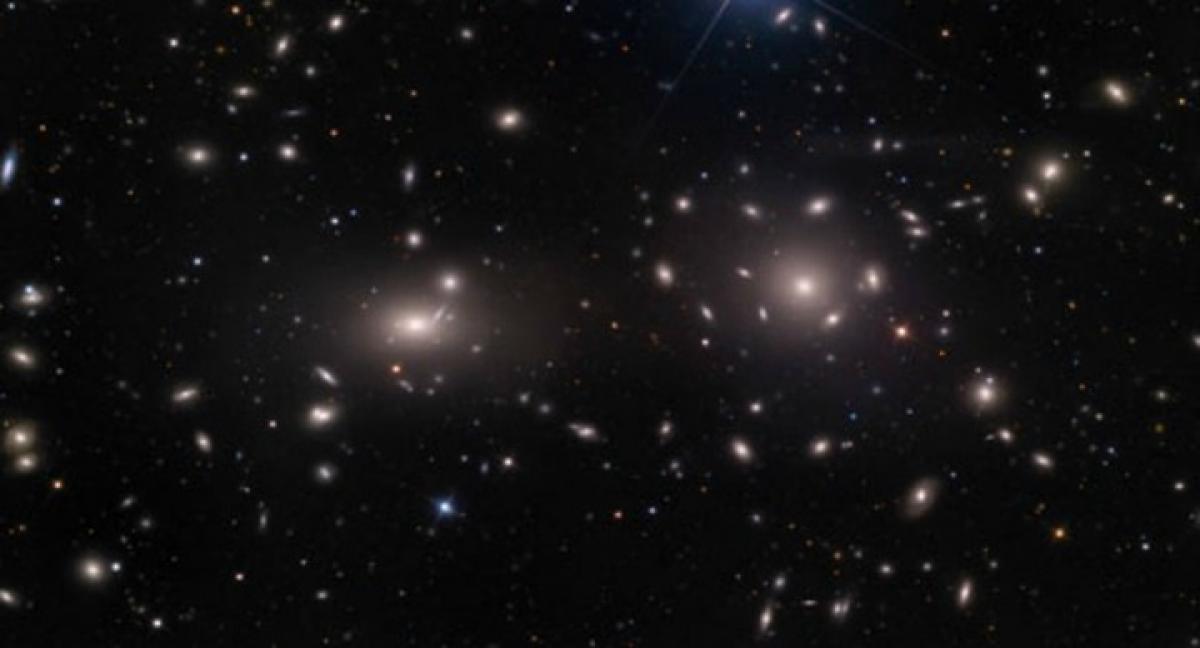`Dead` galaxy harbors massive dark matter

A new study has identified a \"dead\" galaxy that seems to be densely packed with dark matter.By measuring the mass of a nearby dwarf galaxy called Triangulum II, Assistant Professor of Astronomy Evan Kirby may have found the highest concentration of dark matter in any known galaxy.
.jpg)
A new study has identified a "dead" galaxy that seems to be densely packed with dark matter.By measuring the mass of a nearby dwarf galaxy called Triangulum II, Assistant Professor of Astronomy Evan Kirby may have found the highest concentration of dark matter in any known galaxy.
Triangulum II is a small, faint galaxy at the edge of the Milky Way, made up of only about 1,000 stars and astronomers call it "dead." Kirby measured the mass of Triangulum II by examining the velocity of six stars whipping around the galaxy's center.
"The galaxy is challenging to look at," he says. "Only six of its stars were luminous enough to see with the Keck telescope." By measuring these stars' velocity, Kirby could infer the gravitational force exerted on the stars and thereby determine the mass of the galaxy.
The total mass was much greater than the mass of the total number of stars, implying that there's a ton of densely packed dark matter contributing to the total mass, Kirby says. "The ratio of dark matter to luminous matter is the highest of any galaxy we know."
Triangulum II could thus become a leading candidate for efforts to directly detect the signatures of dark matter. Certain particles of dark matter, called supersymmetric WIMPs (weakly interacting massive particles), will annihilate one another upon colliding and produce gamma rays that can then be detected from Earth.
The study appears in the Astrophysical Journal Letters. (ANI)
Dead, galaxy, harbor, dark, matter
Next Story

